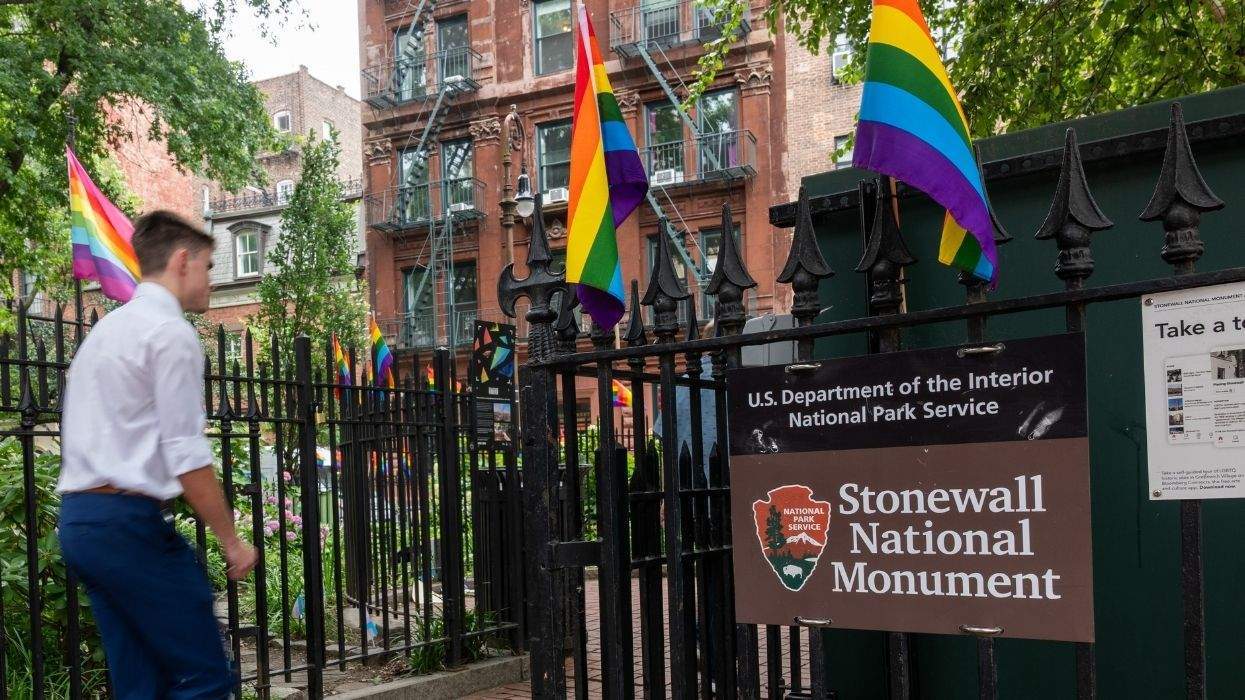Despite Hungary's ban on public LGBTQ+ events, tens of thousands of people will still fill the streets of Budapest on Saturday to march in its 30th annual Pride parade.
Hungarian Parliament passed a constitutional amendment in April, in a vote of 140-21 along party lines, that makes it an offense to hold or attend events that violate Hungary’s so-called "child protection" law. Enacted in 2021, the law prohibits the "depiction or promotion" of homosexuality to minors. The law also allows the government to use facial recognition technology to identify those who attend prohibited events, with those found in violations facing fines of up to 200,000 Hungarian forints ($546).
Fidesz, the nation’s ruling conservative party, introduced a separate constitutional amendment at the same time declaring that there are only “two sexes,” against the scientific and medical consensus that sex is a spectrum. The amendment mirrors an executive order from Donald Trump, a close ally of Hungary's authoritarian Prime Minister Viktor Orbán.
The Budapest Pride Parade will still take place on June 28 in protest of the ban, with the support of Mayor Gergely Karácsony, a member of the green political party Párbeszéd – A Zöldek Pártja (Dialogue – The Greens' Party). Organizers are expecting a record number of international attendees, including more than 70 Members of the European Parliament.
“It is our constitutional right to gather peacefully, to be together, and to march for our human dignity and our fundamental rights," spokesperson Máté Hegedűs said in a statement. "And that is what we will do on June 28, courageously, authentically, organizing our community. This fight is not only for the LGBTQ community, but for everyone."
The demonstration has been backed by over 30 foreign embassies, including Britain, France, and Germany, which released a statement of support on Monday. Notably absent from the signatories was the United States.
"On the 30th occasion of the Budapest Pride Festival, we, the undersigned embassies and cultural institutes, reaffirm our support for the lesbian, gay, bisexual, transgender, intersex, and queer (LGBTIQ+) persons in Hungary and around the world," the embassies' statement reads, via Reuters. "[The Budapest Pride March] has been a symbol of resilience and progress, reflecting the vital role of LGBTIQ+ persons in the further development of democracy."
Hungary's bill has been compared to Russia's 2013 law banning LGBTQ+ “propaganda,” which outlawed any positive mention of LGBTQ+ identities in venues accessible to minors. The nation extended the ban to apply to adults in 2022, and last year, the Russian Supreme Court granted the Ministry of Justice's request to label the “international LGBT social movement” as “extremist” and prohibit any related activities.
"Together with Budapest, we will defend ourselves and those who are now afraid, those who are now silent, those who are now in danger," Hegedűs continued. "Civil society, Hungarian citizens. We will be the voice, we will be the action, we will be the determination."
















Charlie Kirk DID say stoning gay people was the 'perfect law' — and these other heinous quotes
These are some of his worst comments about LGBTQ+ people made by Charlie Kirk.